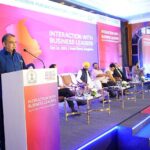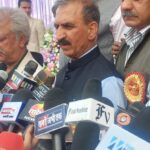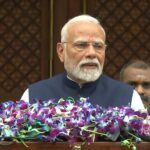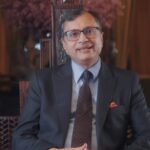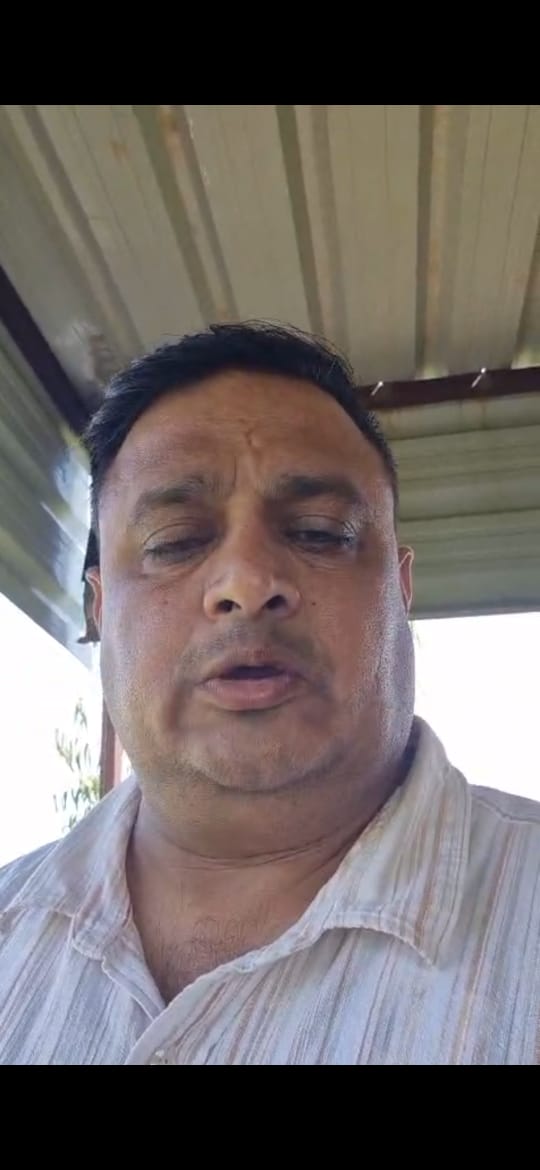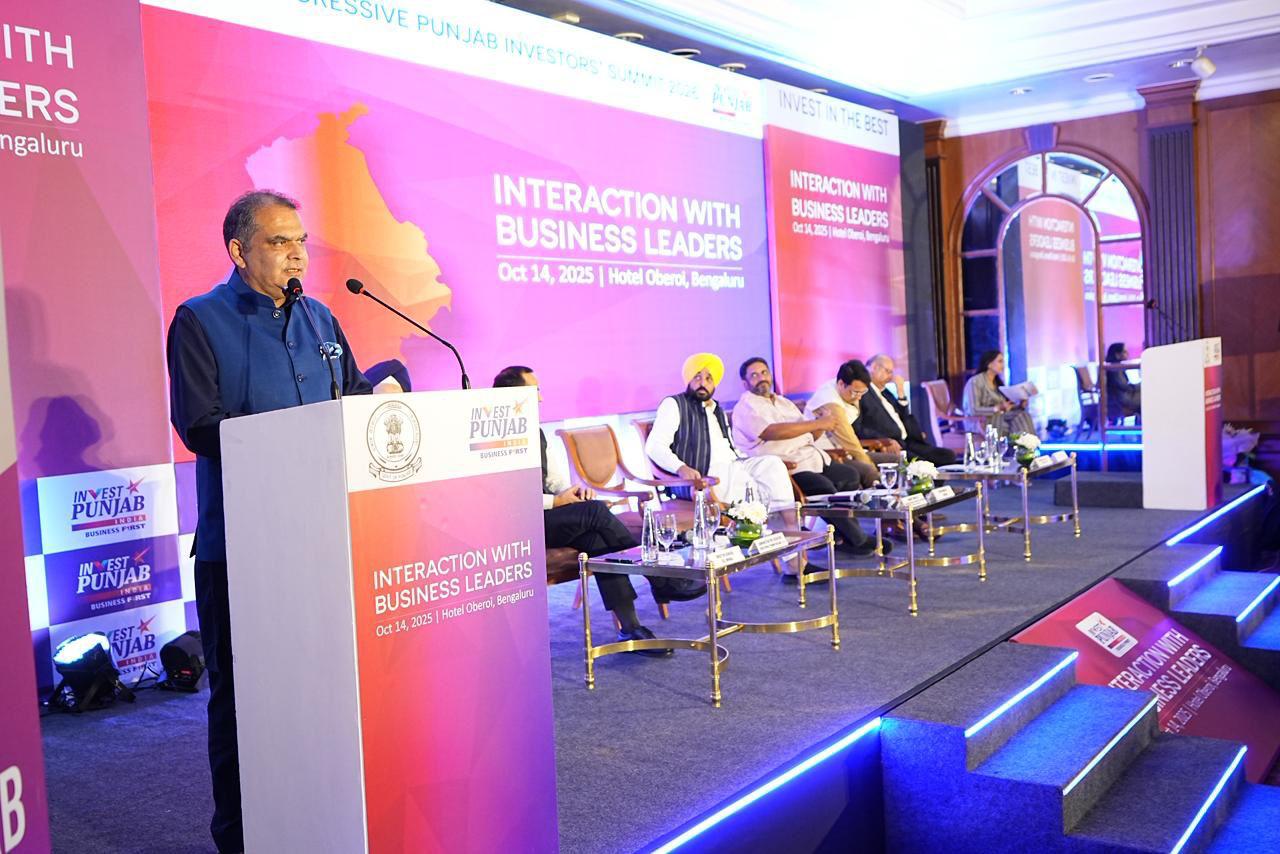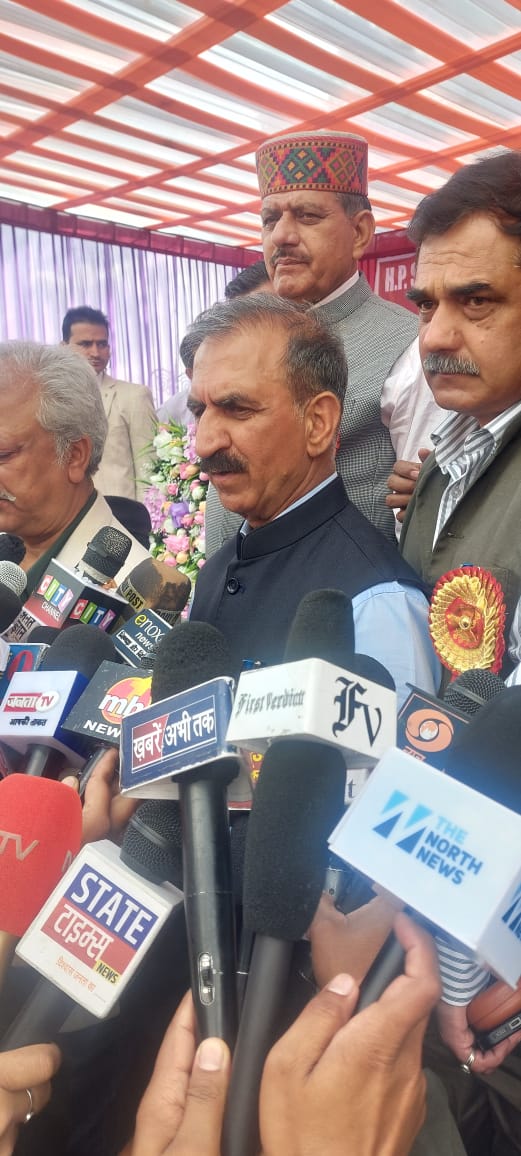The North News
Chandigarh, May 15
In an era where the lines between diplomacy and business often overlap, last week’s ceasefire between India and Pakistan, claimed to be brokered by US Donald Trump, has raised more questions than answers—especially after India denied Washington’s role in the talks. India’s Operation Sindoor, launched in response to terrorist attacks in Pahalgam, initially received a cautious response from Washington.
The surprise? Trump’s family reportedly holds a 60% stake in World Liberty Financial (WLF), a cryptocurrency venture that recently entered into a deal with the newly formed Pakistan Crypto Council (PCC). According to a report in The Times of India, the PCC was set up hastily just a month prior and brought in Binance founder Changpeng Zhao (CZ) as an advisor. In a curious twist, senior WLF representatives, including Zachary Witkoff—son of Trump’s longtime associate Steve Witkoff—were warmly welcomed by Pakistan Prime Minister Shehbaz Sharif and, notably, Army Chief General Asim Munir. Days later, General Munir gave clearance for a military operation in Kashmir’s Pahalgam region that led to the targeted killing of tourists based on their religion.
For a President known for transactional diplomacy, these developments feel eerily aligned with a broader pattern: geopolitical mediation tied closely to business ventures. Trump’s sons—Eric Trump and Donald Trump Jr., along with Jared Kushner—have long been accused of leveraging their White House access for global deals. Now, their crypto footprint in Pakistan adds a layer of complexity to the U.S. role in South Asia’s fragile balance.
Zachary Witkoff isn’t new to global diplomacy. He was instrumental during Trump’s first term in facilitating the Abraham Accords between Israel and the UAE and Bahrain. The Times of India claims Trump has now tasked him with brokering a Russia-Ukraine peace deal. But it is the South Asian theatre where business and diplomacy appear most tightly entwined.
India, for its part, has remained firm. Prime Minister Narendra Modi declared that any distinction between terrorist organisations and the states sheltering them has become obsolete. “India will no longer tolerate nuclear blackmail,” Modi said in a powerful national address.
On 10 May, India’s Foreign Secretary Vikram Misri confirmed the ceasefire development in a brief statement, noting that Pakistan’s Director General of Military Operations (DGMO) had contacted his Indian counterpart at 15:35 IST. Both sides agreed to suspend military action starting from 17:00 IST the same day. Further talks between the two DGMOs are scheduled for 12 May. The announcement came shortly after US President Donald Trump stated that negotiations had concluded with both nuclear-armed neighbours agreeing to halt hostilities. “After a long night of talks mediated by the United States, I am pleased to announce that India and Pakistan have agreed to a full and immediate ceasefire,” Trump has said on social media platform . “Congratulations to both countries on using common sense and great intelligence,” he has added. Pakistan’s Foreign Minister Ishaq Dar released a near-simultaneous statement confirming the ceasefire agreement.
Whether the mediation was genuine or a public relations stunt, the timing aligns uncomfortably well with the WLF-Pakistan deal. While diplomacy can sometimes yield odd bedfellows, the intertwining of private profit with national security policy—especially in volatile regions—sets a dangerous precedent. If Trump’s re-emergence as a peace negotiator is linked to financial interests in a country long accused of harbouring terrorism, then the integrity of American foreign policy is once again on trial.
The US President has not yet issued any statement regarding these allegations. The North News will update this story as and when a response is received.




